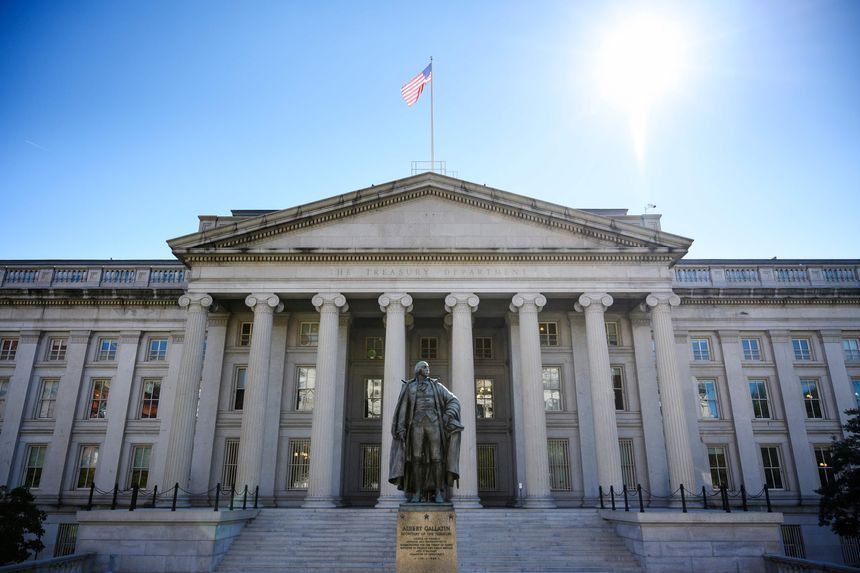Treasury pushes global crypto data-sharing rules

The U.S. Treasury is calling for new rules for more data sharing by cryptocurrency exchanges. This is reported by Roll Call citing an unauthorized government official to speak, who says the Biden administration is urging Democrats to add more rules regarding tax compliance of cryptocurrency transactions In the upcoming $3.5 trillion budget reconciliation package, the Biden administration is pushing for more tax compliance from the cryptocurrency industry.
Specifically, it wants brokers who trade cryptocurrencies in the U.S. to report all foreign account holders to the government, so it can use this data as a bargaining chip to obtain information about U.S. investors trading digital currencies in other countries. In return, the U.S. government can exchange information about U.S. taxpayers trading cryptocurrencies in other countries, it's part of the "tax information exchange agreements." This proposal would go into effect in 2023 and would apply to all cryptocurrency exchanges and digital wallet providers.
The goal is greater tax oversight, as the U.S. Treasury itself says it is concerned about the proliferation of offshore shell companies that U.S. taxpayers are using to try to evade taxes, particularly on gains from cryptocurrency trading. According to IRS Commissioner Charles P. Rettig estimated that the "tax gap" - the difference between taxes owed and paid to the federal government - is $1 trillion each year, with some of that coming from unpaid taxes on cryptocurrency trades.
However, it seems that the debate on this issue has already begun, with some skeptical voices rising, particularly on the basis that similar regulations could be overly burdensome for cryptocurrency exchanges. Theoretically, this shouldn't change much for users, except that it will make it harder for them to hide any gains they make from cryptocurrency trading - there would be no difference for those who declare everything they earn.
Countries around the world are already pondering more structured regulations for cryptocurrencies, In Japan for example the country's financial services agency has called for stricter cryptocurrency laws in the interest of the consumer, the South African government also recently came out with new regulations and fees for crypto holders in the country.
However Congress and the IRS choose to move forward, the request is yet another example of the growing effort to take the wild from the wild west of the cryptocurrency industry, with the popularity of crypto, there is sure to be more to come, Last summer, members of the U.S. Senate tried to offset a $550 billion bill, Individuals and companies with vested interests in cryptocurrencies pressured the Senate to back off, days before the bill passed the Senate.

